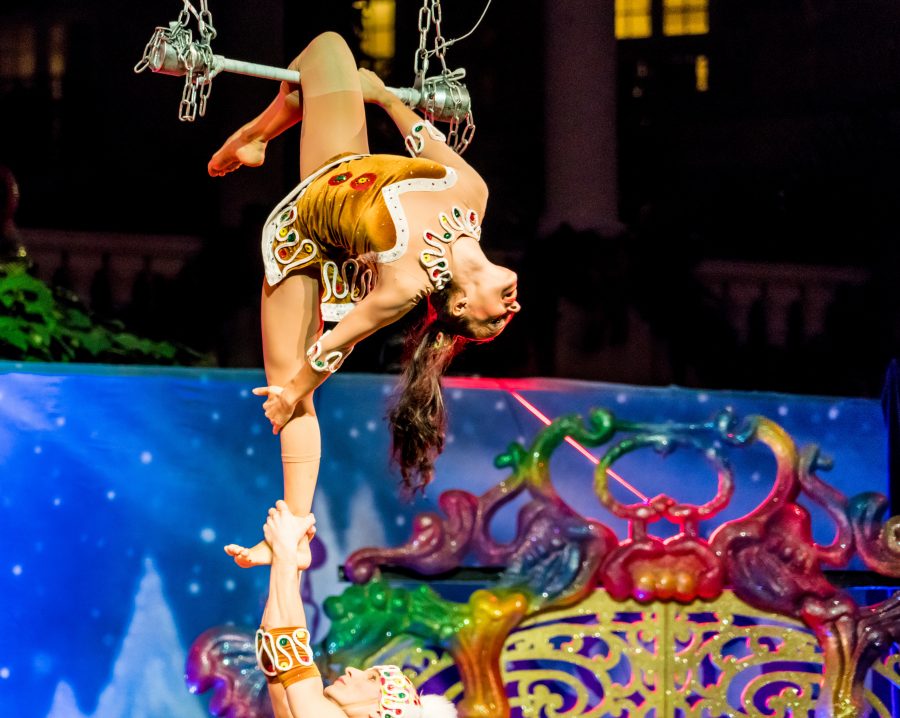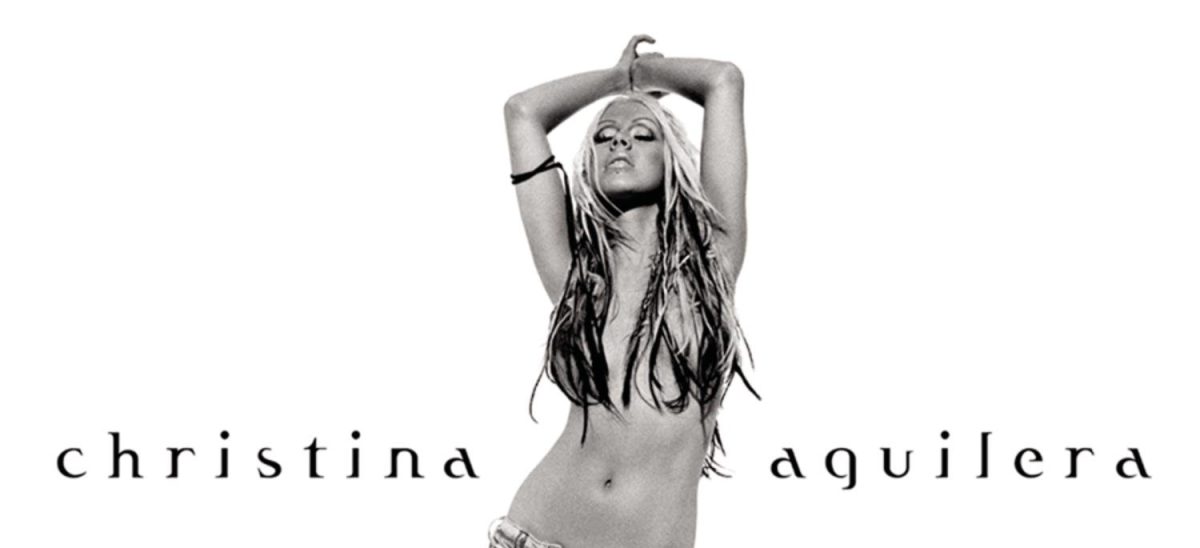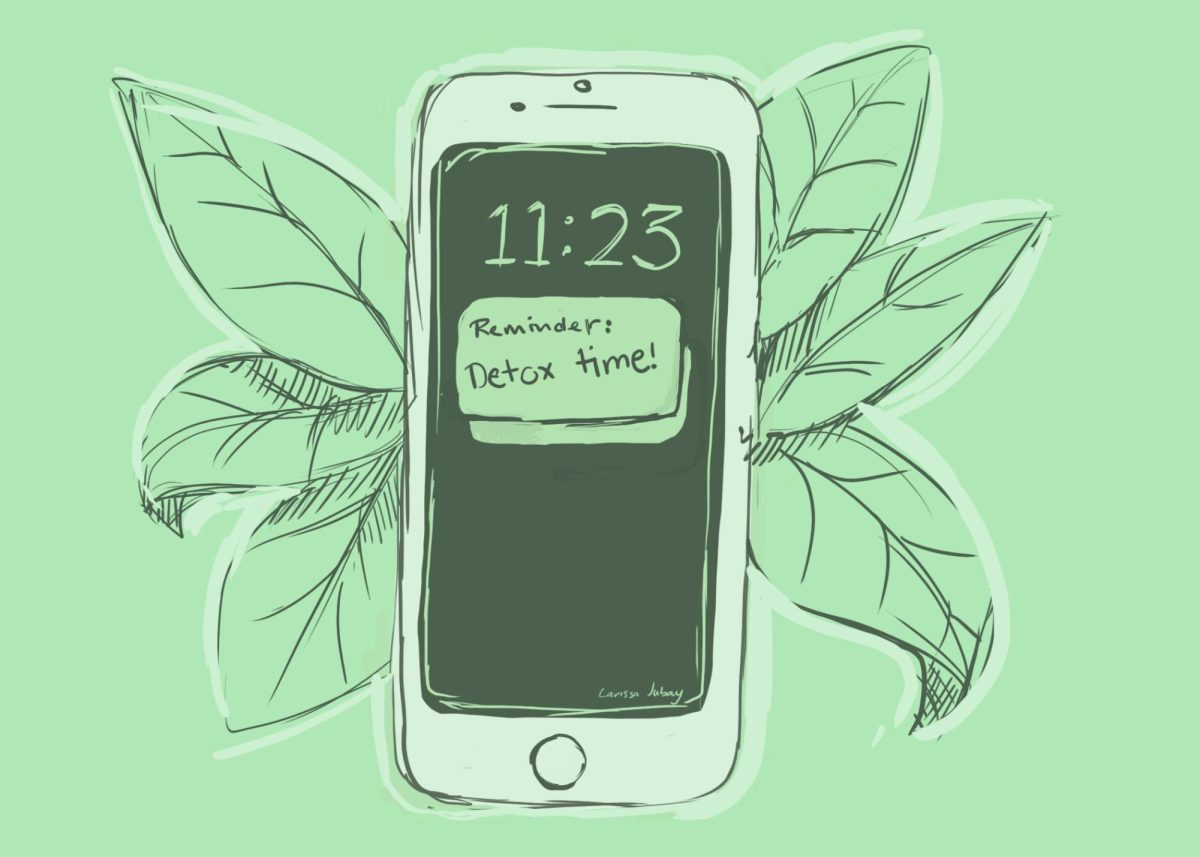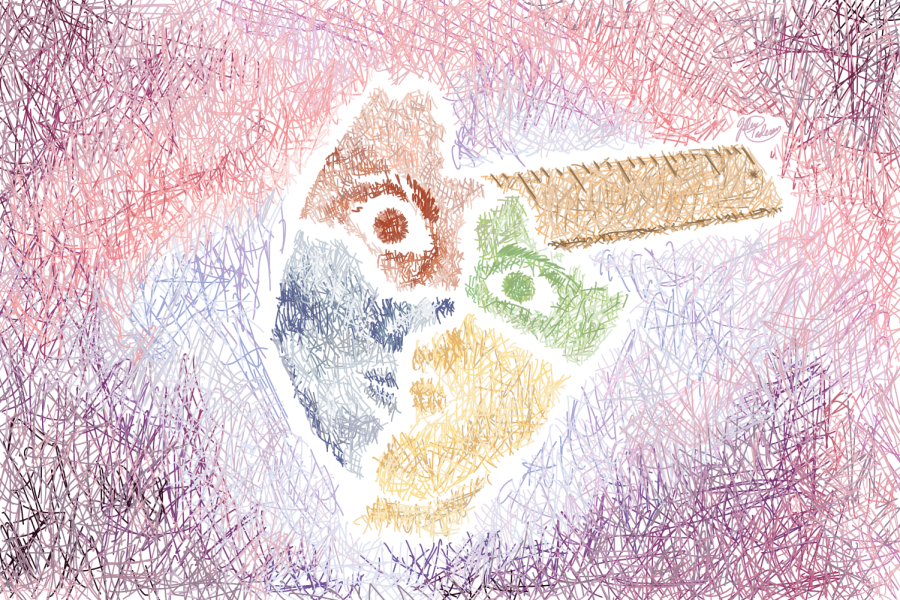A few weeks ago, I attended a showing of Cirque du Soleil: Crystal at the Santa Ana Star Center, and I was suddenly struck with how much impact an audience can have on a performance. As viewers, we don’t tend to consider how our behavior affects what we are watching, especially today when much of what we watch is seen through a screen. Due to the distance provided by digital consumerism, the unawareness of what power viewers have over a show usually doesn’t cause too much of a problem in our everyday lives. However, the issue shows obviously when we are watching a live act, like a play, a concert, or, like I saw, an ice skating performance. It appears as if people have allowed the disconnect from performers that modern tech has given us to strip away our willingness to react to what we are seeing. It’s not uncommon to see somebody seated at a table somewhere with a laptop in front of them, a comedy show on the screen, watching completely straight-faced without so much as a hint of a smile. Likewise, my grandparents talk about going to movie theaters when they were growing up, where the audience would roar with applause once the picture was over. Such a spontaneous response is rarely seen in the present day, as people are encouraged to remain silent in order to better enjoy the movie playing; most movies I’ve left silently as I shuffled out the door with the rest of the crowd. Even at home, families settle down to watch a program, but, once it starts, there is hardly a peep or any reaction to what is being watched–no matter if it is a gut-wrenching scene of a character’s death or a funny comment made by the protagonist. We just don’t react to performances with the enthusiasm that we used to.
At the showing of Cirque du Soleil: Crystal I went to, although the show was fantastic and the performers were nothing short of extraordinary in their abilities, the audience remained virtually unresponsive to the majority of the feats in front of them, affecting my impression of the show as a whole. I left without that unmistakable feeling of completeness that comes when exiting a production. For me, the lack of reaction from the audience had made the show fall flat, which was unfortunate given how impressive it actually was. Had the crowd gotten more into the performance before their eyes, clapped more often, whooped with excitement, even or even made the effort to watch more attentively, I know the energy would have made it an incredible experience. Instead, the show seemed subpar, and it wasn’t the fault of the performers at all.
Speaking of performers, knowing how I was affected by the audience around me, it follows that they, much more likely than not, felt the missing enthusiasm from the crowd as well. Doubtless, this influenced them negatively as well;. I watched as a man did a handstand in the splits on top of a stack of chairs at least 15 feet high, but the viewers of the show remained silent. How must that have impacted him? He didn’t let his emotions show as he finished his routine with gusto, but the lack of applause could not have gone unnoticed. After the show, did he wonder why no one clapped? Did he feel as if he had somehow failed his task to impress? Was he disappointed in himself when really the only one to blame for the missing excitement was the emotionless crowd? Performers aren’t robots; they are people with feelings, and we as the audience have to realize that when we don’t react to their art they notice, it might change their ability to continue on with confidence, making the experience unfulfilling for both the viewers and the ones they are watching.
Obviously, something needs to change. The separation that technology gives us from a performance allows the opportunity to be emotionless viewers, but that same unfeeling reaction has no place when watching live productions. Indeed, it shouldn’t be used at all. Responding to what we see, be it on a screen, stage, or even ice rink, should be something exciting and wonderful. People should feel inclined to show what they feel after viewing a particularly emotional scene or impressive stunt – it’s not only something that will bring the audience members to life with energy and connection to one another, but it also empowers the performers and makes the whole show much more worthwhile. And if you think, “Why should I react to a screen? They can’t see me!” just remember that, like the performers, you’re not an emotionless robot, and those performers you’re watching would be tickled pink to know that their performance touched you in some way, despite the disconnect between you two. As viewers, it is our duty to react to what we see, as it improves the experience as a whole – audiences have power.














